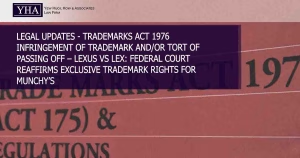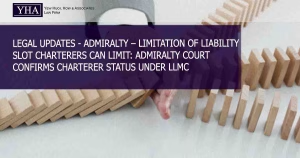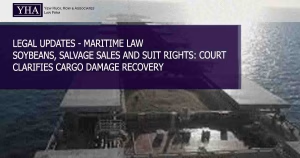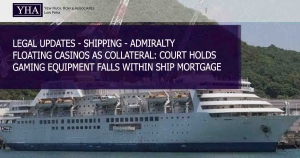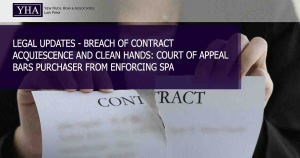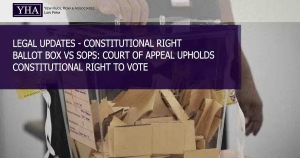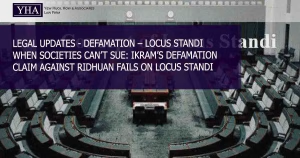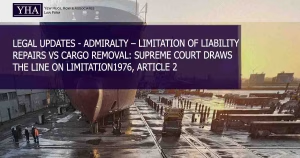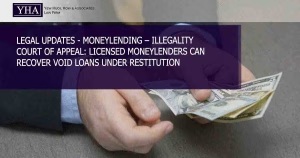
MONEYLENDING – ILLEGALITY– COURT OF APPEAL: LICENSED MONEYLENDERS CAN RECOVER VOID LOANS UNDER RESTITUTION
In Golden Wheel Credit Sdn Bhd v Dato’ Siah Teong Din [2025] MLJU 2245, the Court of Appeal ruled that a licensed moneylender may recover loan monies under section 66 of the Contracts Act 1950, even when the moneylending agreements are void for technical non-compliance with the Moneylenders Act 1951. The Court held that while the agreements were void and unenforceable, they were not illegal, as the lender was duly licensed and the transactions were genuine. Applying the Federal Court’s Detik Ria principles, the Court found that restitution was proportionate and justified, ordering repayment of RM3.38 million to prevent unjust enrichment.

